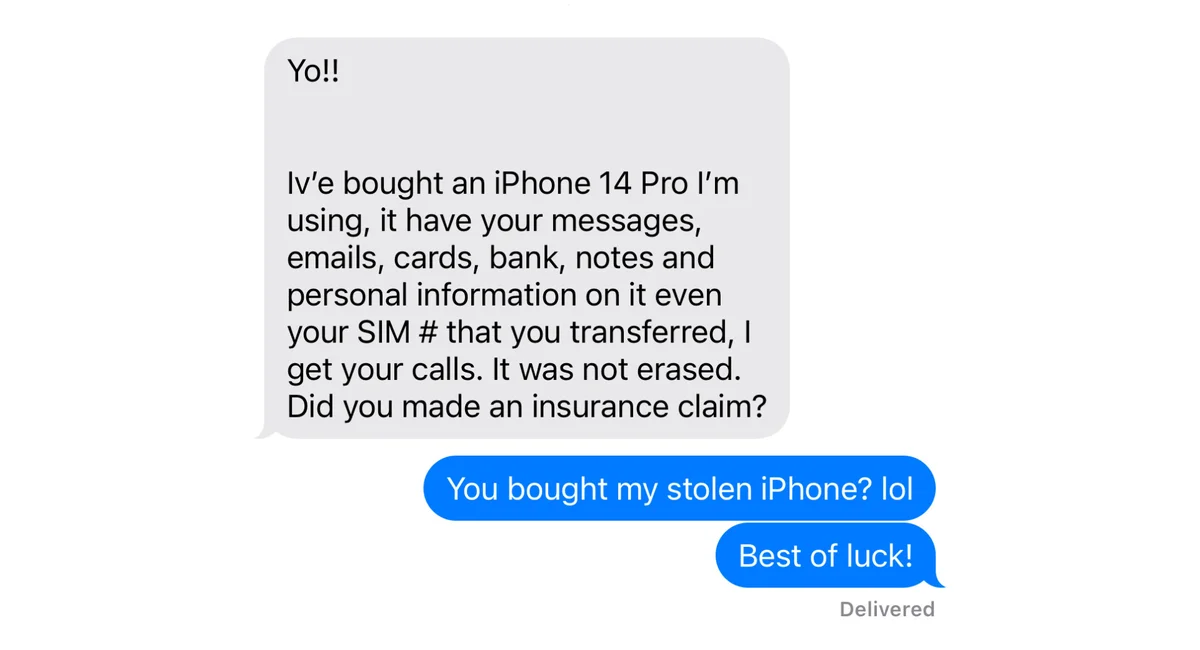- cross-posted to:
- [email protected]
- cross-posted to:
- [email protected]
This is a very entertaining and educational article, giving insights into the methods used by thiefs to try and get access to your phone data.
I don’t like Apple but it’s great that their security is so good when it comes to this.



False, anti-libre software bans us from proving it’s claims.
You think that Google Play Services is FOSS? Or that the version of Android on Samsung phones (as well as of most other Android phone manufacturers), including all baked in software, is FOSS?
Where did I say that?
And when you’re comparing two closed source options, there are techniques available to evaluate them. Based off the results of people who have published their results from using these techniques, Apple is not as private as they claim. This is most egregious when it comes to first party apps, which is concerning. However, when it comes to using any non-Apple app, they’re much better than Google is when using any non-Google app.
There’s enough overlap in skillset that pretty much anyone performing those evaluations will likely find it trivial to configure Android to be privacy-respecting - i.e., by using GrapheneOS on a Pixel or some other custom ROM - but most users are not going to do that.
And if someone is not going to do that, Android is worse for their privacy.
It doesn’t make sense to say “iPhones are worse at respecting user privacy than Android phones” when by default and in practice for most people, the opposite is true. What we should be saying is “iPhones are better at respecting privacy by default, but if privacy is important to you, the best option is to put in a bit of extra work and install GrapheneOS on a Pixel.”